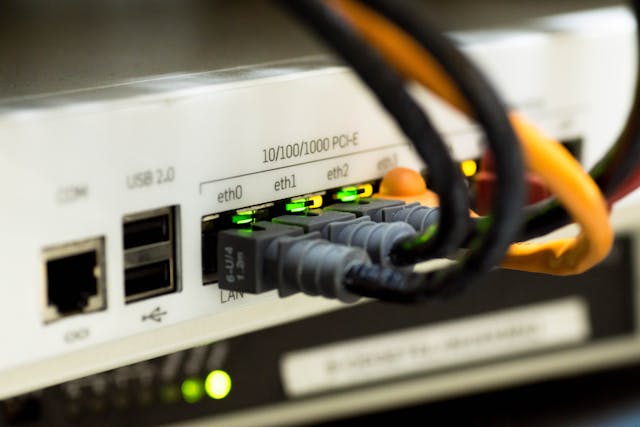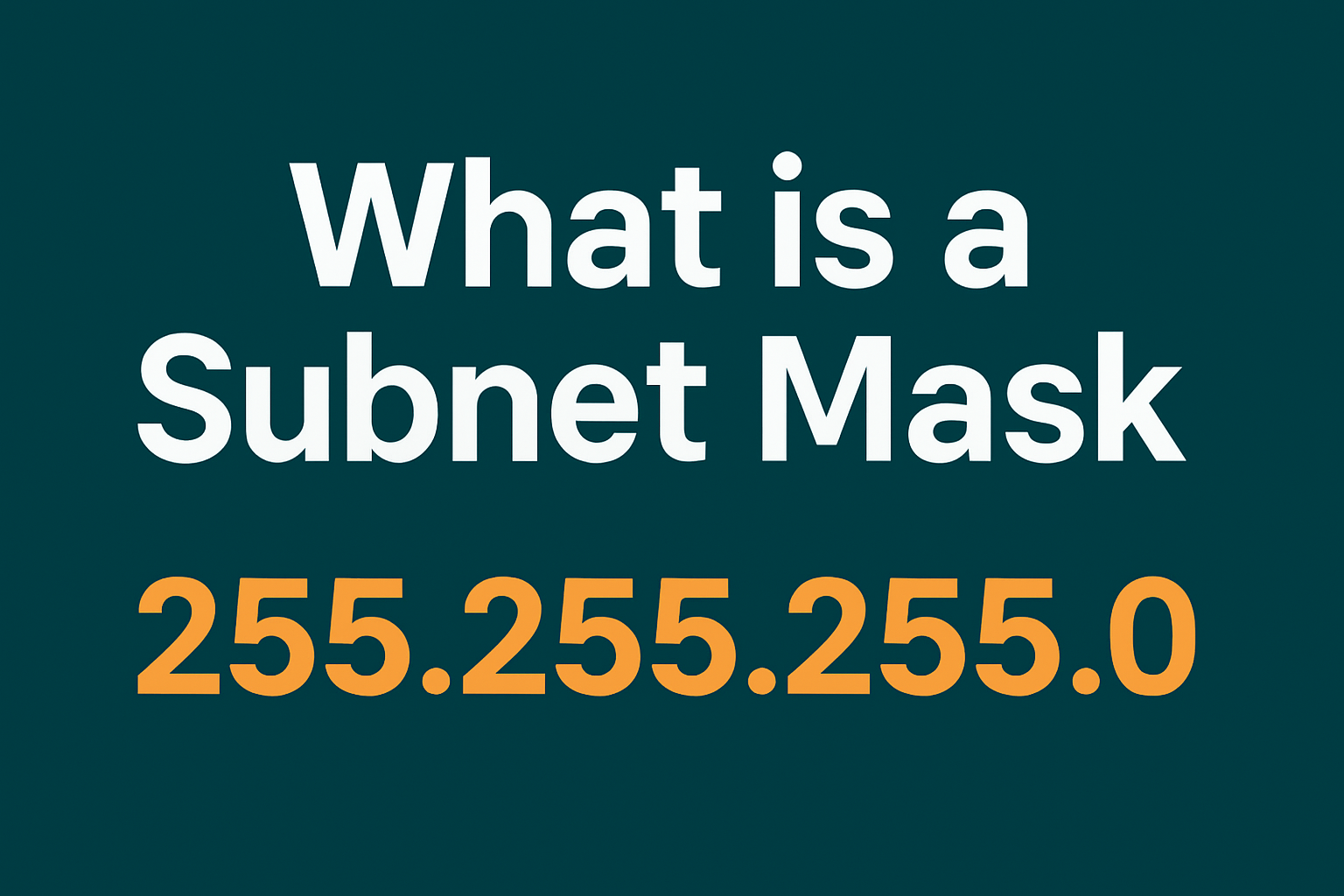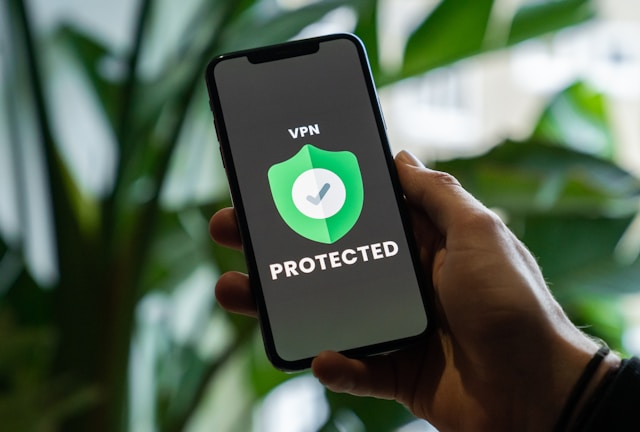Do you want to get a random IP address but don’t know how to achieve this outcome? Then, you can use a random IP generator to quickly get any number of random addresses. Furthermore, most generators will support IPv4 and IPv6 versions for your convenience.
We’ll also share how modems will generate random IP addresses to help you understand the functionality. This means there may be no need to use a random IP address generator if your modem has the built in feature.
Keep reading to learn more about the process of getting a random IP address!

Table of Contents
What Is a Random IP Address Generator?
A random IP generator is a tool or software that generates random IP addresses. These are numerical labels assigned to devices connected to a network using the Internet Protocol (IP) for communication.
You can use random IP generators for network testing, cybersecurity simulations, or educational purposes. This is where developers, engineers, or students need a variety of IP addresses. The top purpose of this is to test configurations, software behavior, or security setups.
They can also help in avoiding conflicts with actual IP addresses when testing systems in isolated environments.
However, it’s important to note that you should not use randomly generated IPs in live environments. That’s because they might conflict with existing networks, as this can lead to connectivity issues or breaches.
How To Generate Random IP Addresses
Now let’s look at the process of how to generate random IP addresses. You’ll see that there are several methods you can try, with each one having its pros and cons. Compare the methods and pick the one that makes the most sense when using an IP address random generator.
Here are the top ways to create fake IP addresses at random:
- Use random IP number generators: Online tools can generate random IP addresses instantly. Simply search for an IP random generator, select your desired IP version (IPv4 or IPv6), and click a button to generate the address. These tools are convenient for quickly obtaining random IPs without needing technical knowledge.
- Manual generation for IPv4: To manually generate a random IPv4 address, simply choose a number between 0 and 255 for each of the four octets. For example, selecting 192, 68, 34, and 127 could produce the address 192.68.34.127.
- Manual generation for IPv6: IPv6 addresses consist of eight groups of four hexadecimal digits, separated by colons. To manually create a random IPv6 address, pick any combination of hexadecimal characters (0-9, A-F) for each group.
- Using command line tools: On systems with command-line access, certain network tools can generate random IP addresses. Therefore, by setting a range of octet values, you can create random IPs. This method requires familiarity with the command line but offers precise control over IP generation.
- Using dice or random number generators: For a low-tech approach, use physical dice or a random number generator to choose numbers for each segment of an IP address. This ensures that you get a random IP address without any bias.

How the Router Generates Random IP Addresses
Do you want to know how the router generates random IP addresses? Routers typically generate random IP addresses for devices on a local network using DHCP (Dynamic Host Configuration Protocol).
When a device connects to the network, the router assigns it an IP address from a predefined range. This is known as the DHCP pool. The router selects an available address within this range to ensure there is no duplication.
This process isn’t entirely random but follows a systematic approach to avoid conflicts. Furthermore, the router maintains a record of assigned IPs and their lease times. It means it can allow for the reallocation of unused addresses. This dynamic allocation simplifies network management by automating IP address distribution.

Frequently Asked Questions
Why would I use a random IP generator?
Using a Random IP Generator is beneficial for testing and development purposes. That’s because it provides a quick and easy way to obtain IP addresses without manually selecting them.
Furthermore, it ensures that addresses are unique and avoids conflicts with existing devices on a network. These tools are particularly useful in creating large datasets for simulations or stress-testing network configurations.
Can IP generators create both IPv4 and IPv6 addresses?
Yes, most IP generators can create both IPv4 and IPv6 addresses. IPv4 addresses consist of four octets separated by periods. In comparison, IPv6 addresses have eight groups of four hexadecimal digits separated by colons.
Users can typically select the version they need, thereby allowing the generator to produce the appropriate format for their specific requirements.
Are random IP addresses safe to use?
Random IP addresses are generally safe to use in isolated or testing environments. This is only true as long as they do not correspond to actual devices or networks.
However, you must take care not to use these addresses on live networks without checking for conflicts. That’s because they could inadvertently match existing devices. This can lead to errors and a lack of connectivity to the internet.
Can I specify a range in an IP generator?
Many IP generators allow users to specify a range of IP addresses to generate. This is particularly useful when testing within specific subnets or ensuring that generated IPs fall within a particular range.
Furthermore, users can input the starting and ending IPs, and the generator will produce random addresses within that defined space. This provides more control over the output.
What are the applications of randomized IP Generators?
You can use randomized IP generation in various applications, such as network testing, cybersecurity simulations, educational exercises, and software development. Also, they help create realistic network scenarios by providing diverse IP addresses.
This allows engineers to test configurations, detect vulnerabilities, or train on network management without affecting real-world systems. These tools are essential in environments where replicating real-world conditions is critical.

Random IP Generator: Are They Worth Using?
Yes, you should use a generator to get random IP addresses since they are free to use and speed up the process. This is especially true if you want to customize IP ranges or choose the correct versions.
Go online and look for a random IP generator that is free and intuitive to use. There are many offerings, so bookmark a website that provides a good service.
Do you want to use IP addresses for location-based marketing? Then, take advantage of geoPlugin, which is an excellent tool. We have a long list of satisfied customers and provide accurate geolocation data.
So what are you waiting for? Try geoPlugin today to get the best results!












